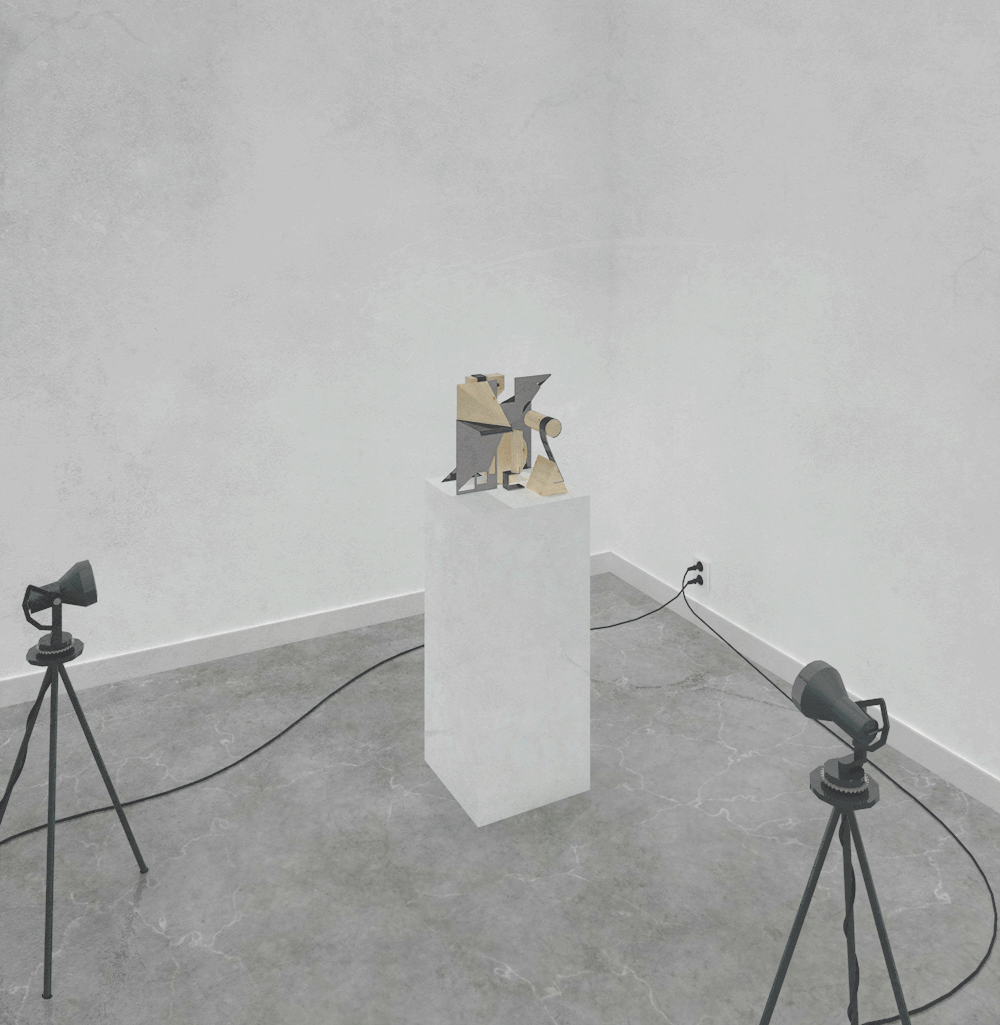
The housing market is facing major challenges in terms of inequality.
The Swedish housing policy has long been viewed as an instrument for social justice and well-fare. However, the housing market now face a number of challenges to which the solutions are debated among both politicians and citizens. This thesis tries to provide an accessible description of what mechanisms are at play in the Swedish housing system today. More specifically it investigates the mechanisms of the Swedish housing regime and what challenges it is currently facing.
The right to adequate housing is stated both in the Universal Declaration of Human Rights and the Swedish constitution. The fundamental need of a home is widely recognised as a precondition for basic well-being. However, in recent years housing has come to be viewed more as a market commodity or asset than as a rights-based home or dwelling. Research show that the housing market has functioned as a motor for socio-economic dissymmetry and housing inequality.
Housing inequality manifests itself as tenure segmentation, segregation, wealth gaps and misdirected construction. Knowledge of the system itself can be identified as a factor of inequality too. Those who know how the system works are better able to navigate through the different mechanisms, as well as to discern and combat the injustices at play. The broad complex of problems is differently manifested in urban and rural areas and are brought to a head in the metropolitan regions.
In order to find a solution to the issues at hand we first need to really understand and distinguish between causes and effects, thereby being able to direct future solutions towards the former.
The thesis consists of five parts:
Our point of view determines what we build.
Describes how different viewpoints have affected how the question of housing has been handled throughout history.
What we build is not what we need.
Looks into construction and changes in the housing stock.
Who we are determines how we reside.
Investigates how identity and background affect the way we reside.
How we reside determines who we become.
Explores how housing can influence our possibilities and sense of identity.
A platform for the housing discourses.
Curates the findings into a proposed exhibition.